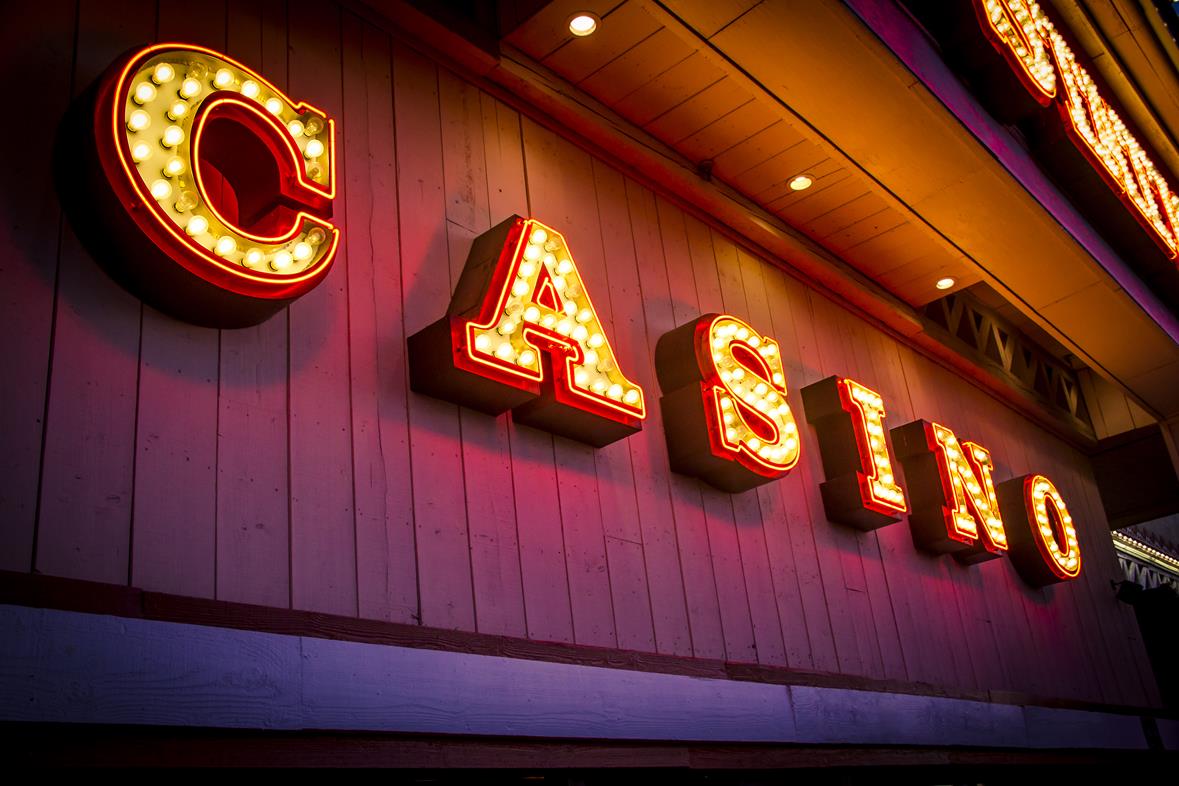
In the vibrant realm of casinos, where the air buzzes with enthusiasm and the clinking of chips permeates the environment, the role of a dealer is both essential and captivating. Every day, these experienced experts step into a world where luck and tactics intertwine, guiding players through the highs and lows of their selected casino games. From card games like blackjack and texas hold ’em to the spinning wheels of the roulette table, dealers facilitate the action while guaranteeing that each game operates seamlessly and honestly.
As the sun rises on another hectic day, a casino game dealer gets ready to immerse themselves in this dynamic setting. Their duties extend beyond merely dealing cards or turning a roulette wheel; they are also entertainers, service providers, and keepers of the game regulations. Each shift brings new obstacles and experiences, making every day distinct in the life of a dealer. This insider look will examine the day-to-day operations of a casino game dealer, showcasing the expertise and experiences that make this profession both exciting and rewarding.
The Role of a Casino Game Dealer
A gambling game dealer is at the heart of the gambling experience, orchestrating the progress of the game while ensuring that players are engaged and entertained. Their primary responsibility is to manage the game, which includes distributing cards, rotating the wheel, or handling the chips, based on the game being played. Croupiers must have a thorough understanding of the rules and guidelines governing each game, while also upholding a welcoming and approachable demeanor to improve the gaming atmosphere.
In addition to managing the gameplay, croupiers must also monitor on the players and the environment around the game. This entails watching for any signs of cheating, ensuring that everyone is adhering to the guidelines, and resolving any disputes that may arise among players. Strong communication skills are vital, as dealers often give explanations about the game’s mechanics and offer assistance to those who may be new to gambling games.
Moreover, a croupier’s role extends past just the mechanical aspects of the game. They play a key part in crafting an enjoyable experience for the players. This requires building a connection with patrons, being sensitive to their wants, and often adding an element of fun into the game. It’s this combination of talent, alertness, and interpersonal relationship that makes the position of a gambling table croupier both challenging and fulfilling in the vibrant world of casino games.
Responsibilities and Challenges in Daily Operations
One of the primary responsibilities of a casino game dealer is to manage the multiple games available at their table, ensuring a smooth and enjoyable experience for players. Dealers must be proficient at distributing cards, counting chips, and maintaining the flow of the game. This calls for a deep understanding of the rules of each game, from blackjack to roulette, and the ability to answer players’ questions while keeping the game progressing. Attention to precision is paramount, as dealers must monitor bets, disburse winnings correctly, and watch for any cheating or discrepancies at the table.
In addition to managing the game per se, dealers encounter challenges such as managing difficult players. The casino environment can be stressful, particularly during intense games, and a dealer must remain calm and maintain professionalism at all times. They need strong interpersonal skills to navigate interactions with players who may be upset about losses or dissatisfied with the game’s speed. Handling these situations delicately is essential in ensuring a positive atmosphere on the casino floor.
Another significant responsibility is upholding the integrity of the game. Dealers must be vigilant and attentive, watching for any signs of collusion or cheating among players. This involves not only a solid knowledge of the games but also an awareness of human behavior. They must also follow the casino’s rules and procedures, taking part in regular training sessions to stay informed on rules and protocols. Balancing these responsibilities while providing excellent customer service is what makes the role both challenging and fulfilling for a casino game dealer.
Skills and Traits for Achievement
A successful casino game dealer must demonstrate superior communication skills. This includes not only the ability to explicitly explain game rules and procedures to participants but also the capacity to engage with them in a friendly and professional manner. Building rapport with customers can enhance the gaming experience and inspire repeat visits to the casino. Proficient communication enables dealers to manage tables seamlessly while ensuring that players feel valued.
Furthermore, strong mathematical skills are essential for a dealer. Quick math are often required to follow bets, payouts, and game outcomes in real-time. Nhà Cái Uy Tín A dealer’s ability to perform these numerical tasks accurately and swiftly contributes to the overall efficiency of the game. This skill helps in maintaining the flow of play and in minimizing disputes or misunderstandings with players, which is crucial in a dynamic casino environment.
Lastly, an ideal casino game dealer should exhibit integrity and professionalism at all times. Trust is a crucial component of the gaming experience, and players must feel confident that the games are conducted fairly and transparently. A dealer’s devotion to upholding high ethical standards fosters a positive atmosphere at the table and enhances the casino’s standing. Being reliable in behavior ensures that dealers leave a memorable impression on guests, which can lead to a dedicated customer base.
